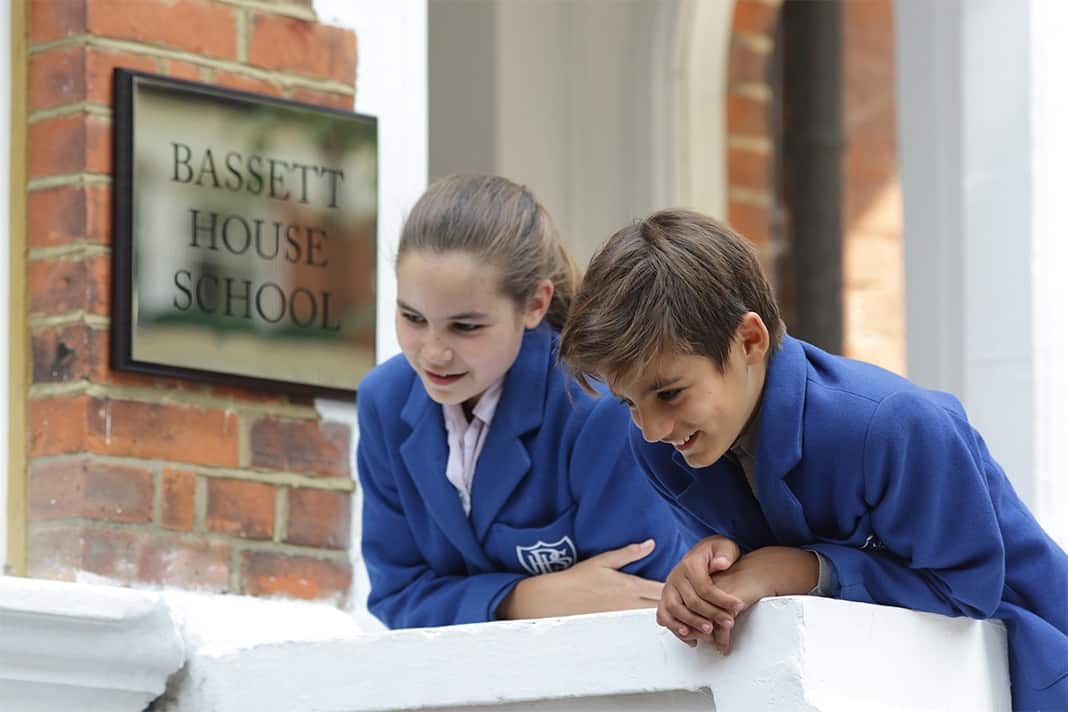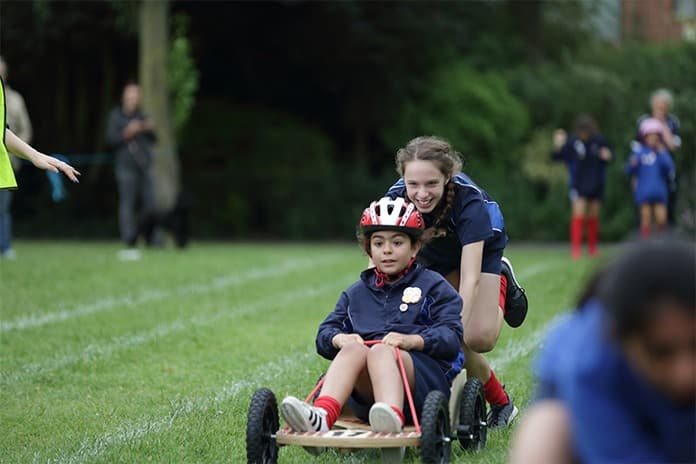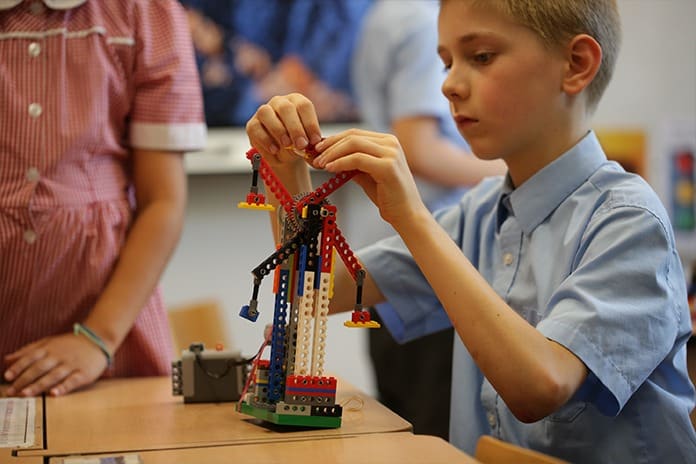Preparing for the 11+ can be a difficult prospect, so we have teamed up with Bassett House School to offer our top tips.
Place
Make sure that you prepare for your exams in a quiet area, ideally your room. If you have access to a comfortable chair and a desk, even better! Avoid having distractions in your study area, such as iPads, TV, game consoles, etc. It should only contain your examination materials, including a pencil case and a timer.
Planning
Plan revision time with time for the different subject areas. Allocate more time to the subjects you find more
challenging e.g. non-verbal reasoning rather than avoiding it. Have time targets, especially if working on practice papers. Take plenty of breaks, even if they’re only 5 or 10 minutes long.
Fuel
Keep hydrated. Drink lots of water and eat nutritious food. Try not to snack on sweets.
Revising
Make notes regarding concepts or aspects you tend to forget. For instance, if in your creative writing tasks you keep on forgetting to use powerful adverbs, you could make a note about this either using your iPad or a notebook. In mathematics, it could be something like forgetting the decimal point or the order of operations (BIDMAS). Make a summary of anything that needs to be learnt and pretend to be teaching somebody else – the family dog can be a very useful listener. Visual aids such a mind maps (spider diagrams) showing all the different parts of a topic that needs to be learnt and highlighting key words can help, especially useful in comprehension papers, when identifying specific parts of the text that you may use to compose more detailed answers. Flash cards can be useful when revising concepts. The idea is to write a key word on the front side of the flash card and a short explanation on the back. For example, the front of the card could be ‘square number’ and the back, ‘a number multiplied by itself.’
Exercise
This is a very good way of clearing your mind during busy exam periods. Exercise reduces stress and increases the flow of oxygen to your brain, which improves concentration, productivity and memory.
Reading
Keep reading fiction and non-fiction books, for relaxation and inspiration and newspapers for current affairs (there are a
number of child-friendly newspapers) which can be useful during the interview part of the 11+ process.
Stimulation
Keep doing interesting things such as visiting a new exhibition at a museum or art gallery, play games and socialise.
Sleep
Make sure you get enough sleep. Avoid working late at night and have enough time to unwind before going to bed. If you have trouble getting to sleep, a mug of hot chocolate could help or a long hot bath or perhaps even an extra 15 minutes of television to get your mind to relax.
Rewards
As each 11+ topic (e.g. question type) is finished or if a better mark than expected is achieved, why not have a mini-treat? Another way of doing it is to set a target and then reward yourself if it’s met.
Interview
It’s not all about the exam! The examination is an important aspect of the 11+ process but the interview at the senior
school is equally important and will allow you to showcase all the talents that you have.
Think positively
A good thing is a constructive talk about the task ahead, “psyching” yourselves up to face the challenge rather than avoidance because that could just increase fear of the exam or of failure. Try to leave aside your negative thoughts. Instead of focusing on all the work you still have to do, think of all the excellent and positive work you have already completed and how much you have improved since the beginning of the year.
For more information on Bassett House School visit bassetths.org.uk.








COMMENTS ARE OFF THIS POST